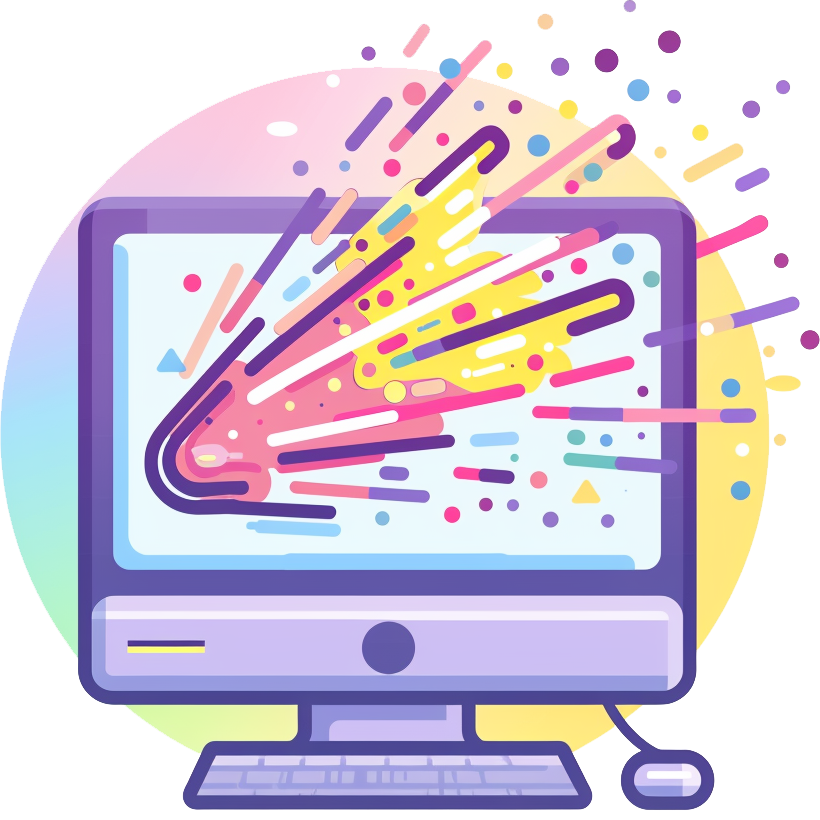Understand the possible impact of disability, special requirements (additional needs) and attitudes on positive outcomes for children and young people
Table of Contents
- Tutorial Video
- Reading Materials
- ‘Outcomes, outputs and impact: Understanding the difference in the SEND system’ from the Council for Disabled Children
- ‘Social model of disability’ from the Scope website
- ‘Support for parents and carers of children and young people’ from Mencap
- ‘National Disability Strategy, Part 1: practical steps now to improve disabled people's everyday lives’ from the Department for Work and Pensions
- Presentation
- Good Practice Example
- Good Practice Example
- Interactive Quiz
- Evidence Opportunities
- Extended Learning
- Click on the link and then scroll to the bottom of this page from the Disabled Children Partnership to see blogs and videos from families with disabled children sharing their lives. What can you learn about how they see their outcomes and life chances.
- Click on the link to read this ‘Introduction to the Social and Medical Models of Disability’ from the Parliamentary and Health Service Ombudsman.
- The Department for Education has produced ‘Social care: guide to the 0 to 25 SEND code of practice: Advice for social care practitioners and commissioners’. This guide to the Code will help you understand what your duties are under the Children and Families Act 2014 and help you navigate the full 0-25 SEN and Disability Code of Practice. It will ensure you are doing everything you should be and everything you can, to improve outcomes for this group of children and young people.
- The Disabled Children’s Partnership has produced a report ‘Failed and forgotten’ examining the current state of support for those with disabilities.
- This page from the Office for National Statistics shows that there are some stark differences between the experience of disabled and non-disabled people, from education and work to the experience of crime, including domestic abuse.
- Think And Challenge
Laser Learning Ltd.
Academy House, 3 Langley Quay,
Waterside Drive, Langley,
Berkshire, SL3 6EY

